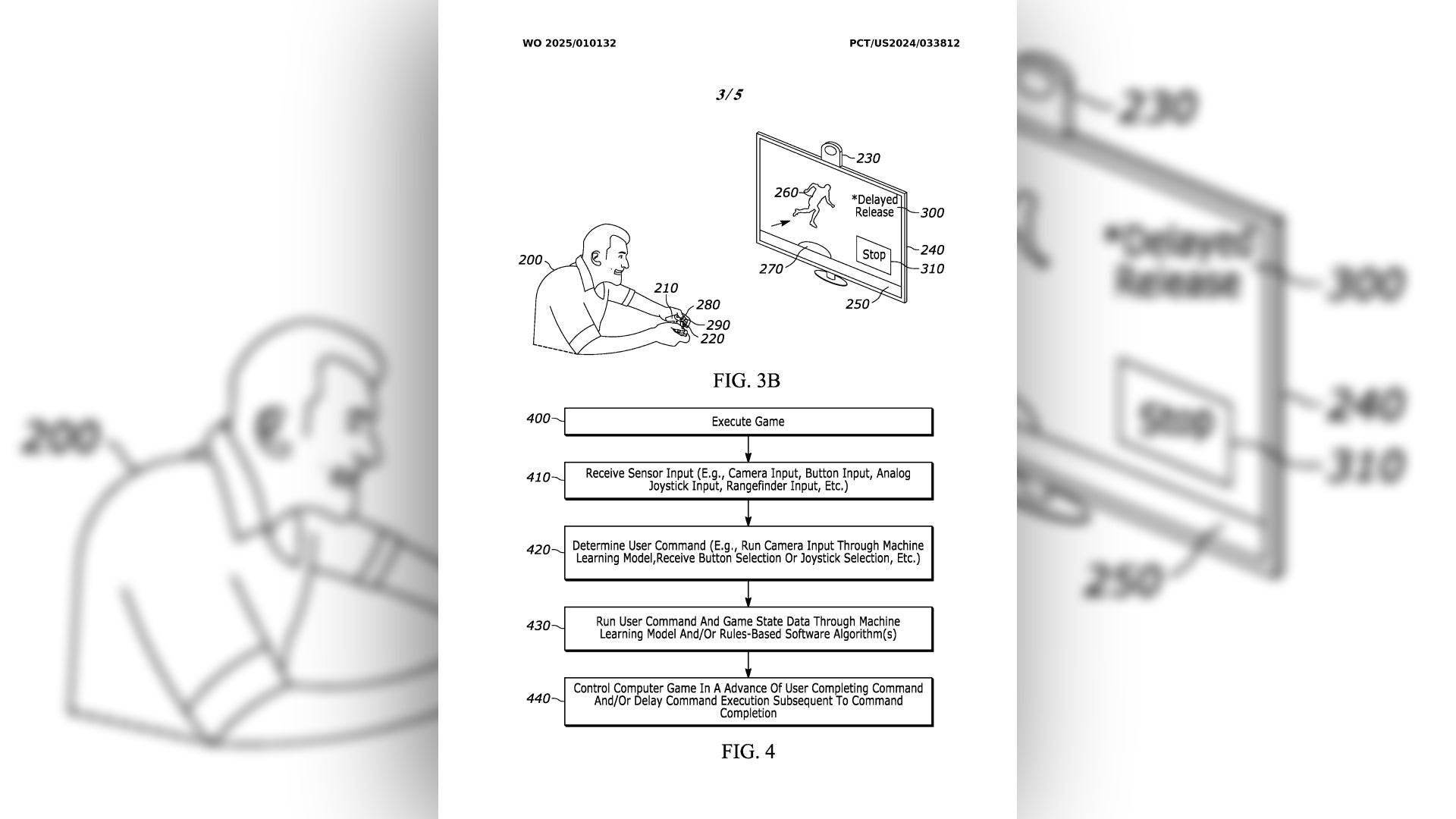Sony's recent patent filing, WO2025010132, titled "TIMED INPUT/ACTION RELEASE," aims to revolutionize how latency is managed in future gaming hardware. The company has already introduced PlayStation Spectral Super Resolution (PSSR) with the PlayStation 5 Pro, which upscales lower resolutions to 4K. However, newer graphics technologies like frame generation can introduce additional latency, potentially impacting the responsiveness of games.

As reported by Tech4gamers, Sony's patent seeks to predict and streamline the "timed release of user commands." The core issue, as Sony explains, is the latency between a user's input and the system's processing and execution of that command, which can lead to delays and unintended in-game consequences.
Sony's proposed solution involves a multi-faceted approach. It includes a machine-learning AI model designed to anticipate the next user input, combined with external sensors. For instance, a camera might be used to monitor the controller, predicting which button will be pressed next. The patent specifically mentions, "In one particular example, the method may include providing camera input as an input to a machine learning (ML) model. The camera input may indicate the first user command."
Another innovative aspect of the patent is the potential use of the controller's buttons as sensors, building on Sony's history of utilizing analog buttons. This could pave the way for a next-generation controller that further enhances the gaming experience.
While it's uncertain whether this exact technology will appear in the PlayStation 6, the patent underscores Sony's commitment to reducing latency without sacrificing game responsiveness. This is particularly crucial as technologies like FSR 3 and DLSS 3, which can add frame latency, gain popularity.
The implications of this patent are significant, especially for genres like twitch shooters that demand both high frame rates and minimal latency. Whether or not this technology will be implemented in future hardware remains to be seen, but Sony's efforts to address latency issues are a promising development for gamers seeking a more seamless and responsive experience.






























